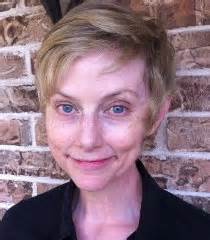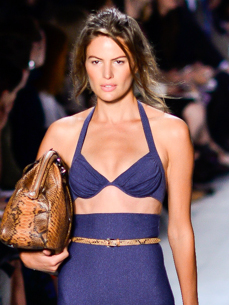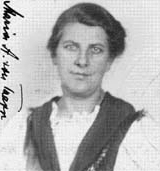A Quote by Johann Georg Ritter von Zimmermann
The lust of dominion innovates so imperceptibly that we become complete despots before our wanton abuse of power is perceived; the tyranny first exercised in the nursery is exhibited in various shapes and degrees in every stage of our existence.
Related Quotes
I dread our own power, and our own ambition; I dread our being too much dreaded... We may say that we shall not abuse this astonishing, and hitherto unheard-of-power. But every other nation will think we shall abuse it. It is impossible but that, sooner or later, this state of things must produce a combination against us which may end in our ruin.
If we examine every stage of our lives, we find that from our first breath to our last we are under the constraint of circumstances. And yet we still possess the greatest of all freedoms, the power of developing our innermost selves in harmony with the moral order of the universe, and so winning peace of heart whatever obstacles we meet.
A nursery rhyme shapes your bones and nerves, and it shapes your mind. They are powerful, nursery rhymes, and immensely old, and not toys, even though they are for children." "But they make no sense!" Summer protested "Ah, well," said Ben. "Sometimes sense hides behind walls. You must find a window and stick your head right in before you can see it.
Our age has become so mechanical that this has also affected our recreation. People have gotten used to sitting down and watching a movie, a ball game, a television set. It may be good once in a while, but it certainly is not good all the time. Our own faculties, our imagination, our memory, the ability to do things with our mind and our hands-they need to be exercised. If we become too passive, we get dissatisfied.
Nature has not implanted any power in man that was not meant to be exercised at times, though too often our powers have been abused. The privilege, inborn and inalienable, that every man has of dying himself, and inflicting death upon another, was not given to us without a purpose. These are the last resources of an insulted and unendurable existence.
If God had perceived that our greatest need was economic, he would have sent an economist. If he had perceived that our greatest need was entertainment, he would have sent us a comedian or an artist. If God had perceived that our greatest need was political stability, he would have sent us a politician. If he had perceived that our greatest need was health, he would have sent us a doctor. But he perceived that our greatest need involved our sin, our alienation from him, our profound rebellion, our death; and he sent us a Savior.
The student who would build his knowledge on solid foundations, and proceed by just degrees to the pinnacles of truth, is directed by the great philosopher of France to begin by doubting of his own existence. In like manner, whoever would complete any arduous and intricate enterprise, should, as soon as his imagination can cool after the first blaze of hope, place before his own eyes every possible embarrassment that may retard or defeat him. He should first question the probability of success, and then endeavour to remove the objections that he has raised.





































